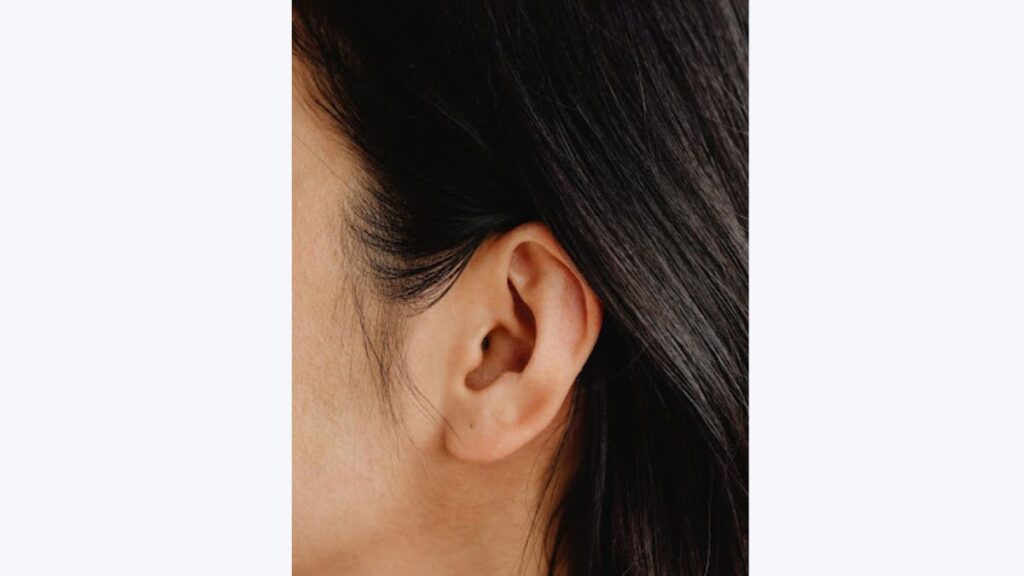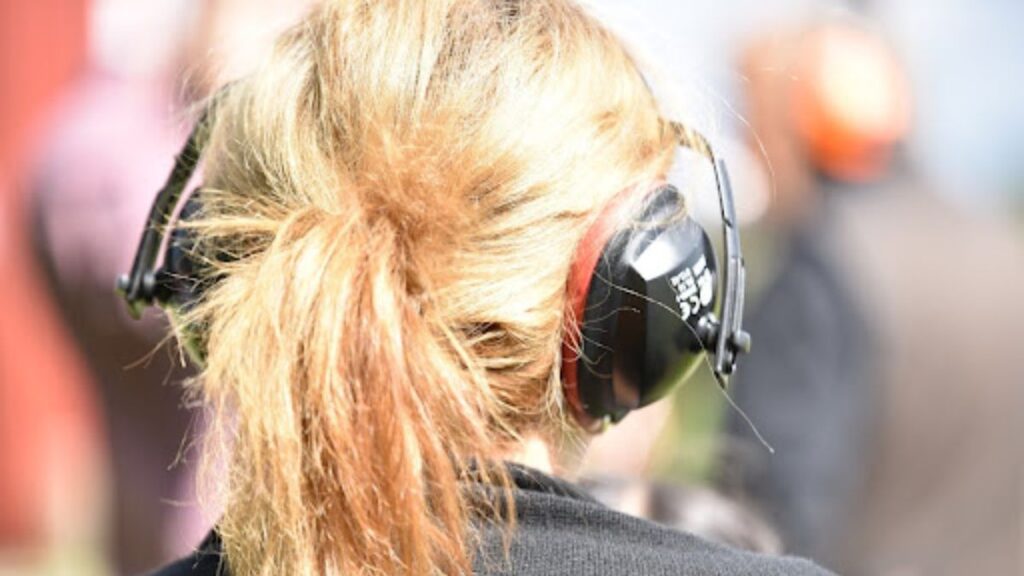Healthy ears are essential for overall well-being, yet many people overlook ear care until a problem arises. Understanding how to maintain clean and functional ears can help prevent discomfort and potential hearing loss. Here are practical tips for proper ear care and maintenance to keep your ears in top condition.
Keep Your Ears Dry
Moisture in the ears can lead to bacterial and fungal growth, causing infections such as swimmer’s ear. After swimming or showering, make sure to thoroughly dry your ears using a soft towel. Tilt your head to each side to allow any trapped water to drain out naturally. Avoid using cotton swabs or other sharp objects as they can push water deeper into the ear canal.
If you frequently engage in water activities, consider wearing earplugs to prevent water from entering the ear canal. These protective measures can significantly reduce the risk of moisture-related ear issues.
Clean Your Ears Safely
The ear is a self-cleaning organ, and in most cases, it does not require extensive cleaning. Earwax (cerumen) acts as a natural barrier, protecting the ear canal from dust, debris, and microorganisms. To clean your ears safely, use a damp cloth to wipe the outer ear. Never insert objects into the ear canal, as this can cause damage or impact earwax further.
For those who experience excessive earwax buildup, safe methods such as ear drops or professional ear cleaning should be considered. Professional ear cleaning services like microsuction can provide a safe and efficient solution for removing earwax without risking damage to the eardrum or ear canal. This kind of ear cleaning involves using gentle suction under direct observation, ensuring a precise and comfortable experience.
Avoid Loud Noises
Exposure to loud noises is one of the leading causes of hearing damage. Everyday sounds such as traffic, concerts, and machinery can contribute to gradual hearing loss if proper precautions are not taken. Wearing ear protection like earmuffs or earplugs is essential when you are in noisy environments.
When using headphones or earbuds, keep the volume at a safe level. The general rule is to keep the sound below 60% of the maximum volume and to limit listening sessions to 60 minutes at a time. This practice, known as the ‘60/60 rule,’ helps protect the delicate structures in the ear from prolonged exposure to harmful sound levels.
Monitor Your Ear Health
Regularly checking your ear health is vital for catching potential issues early. Symptoms such as persistent ringing (tinnitus), dizziness, or sudden hearing loss should not be ignored. These could be signs of an underlying condition that requires medical attention.
Scheduling annual checkups with an audiologist or ENT (ear, nose, and throat) specialist can help ensure your ears stay healthy. Early diagnosis and treatment of ear-related issues can prevent complications and maintain your quality of life.
Use Ear Protection When Necessary
Activities like using power tools, attending loud events, or participating in shooting sports can pose a significant risk to your ears. In these situations, ear protection should be non-negotiable. Choose high-quality earplugs or noise-canceling earmuffs that can help block out harmful noise levels. This simple step can go a long way in preserving your hearing.
It’s also wise to educate children and young adults about the importance of ear protection. Early habits of safeguarding hearing can lead to better ear health in the long term.
Manage Ear Infections Promptly
Ear infections can cause pain, inflammation, and temporary hearing loss. They are more common in children but can affect people of all ages. If you suspect an ear infection, seek medical treatment rather than attempting home remedies that could worsen the situation.
To prevent ear infections, maintain good hygiene and avoid exposing your ears to smoke or pollutants. If you have allergies, manage them effectively, as congestion and inflammation can increase the risk of developing ear infections.

Limit the Use of Earbuds
Earbuds, while convenient for listening to music or podcasts, can contribute to ear problems if used excessively. They can trap moisture and bacteria in the ear canal, potentially leading to irritation or infections. Choose over-ear headphones when possible, as they provide better air circulation and reduce direct contact with the ear canal.
If you do use earbuds, clean them regularly with a disinfectant wipe and avoid sharing them with others. This practice helps minimize the spread of bacteria and keeps your ears safe.
Maintain a Balanced Diet
A healthy diet plays a surprising role in maintaining good ear health. Nutrients such as omega-3 fatty acids, vitamins A, C, and E, and minerals like zinc can support ear function and overall health. Foods rich in these nutrients, such as fish, leafy greens, and fruits, contribute to improved blood flow and help maintain the health of the delicate structures within the ear.
Staying hydrated is also crucial. Drinking enough water supports circulation and helps flush out toxins, which can benefit ear health. Maintaining overall wellness can make your ears more resilient to issues and promote long-term hearing health.
Ensuring proper ear care and adopting preventive measures can make a significant difference in maintaining ear health throughout your life. By following these practical tips, you can enjoy better hearing and avoid many common ear problems.







